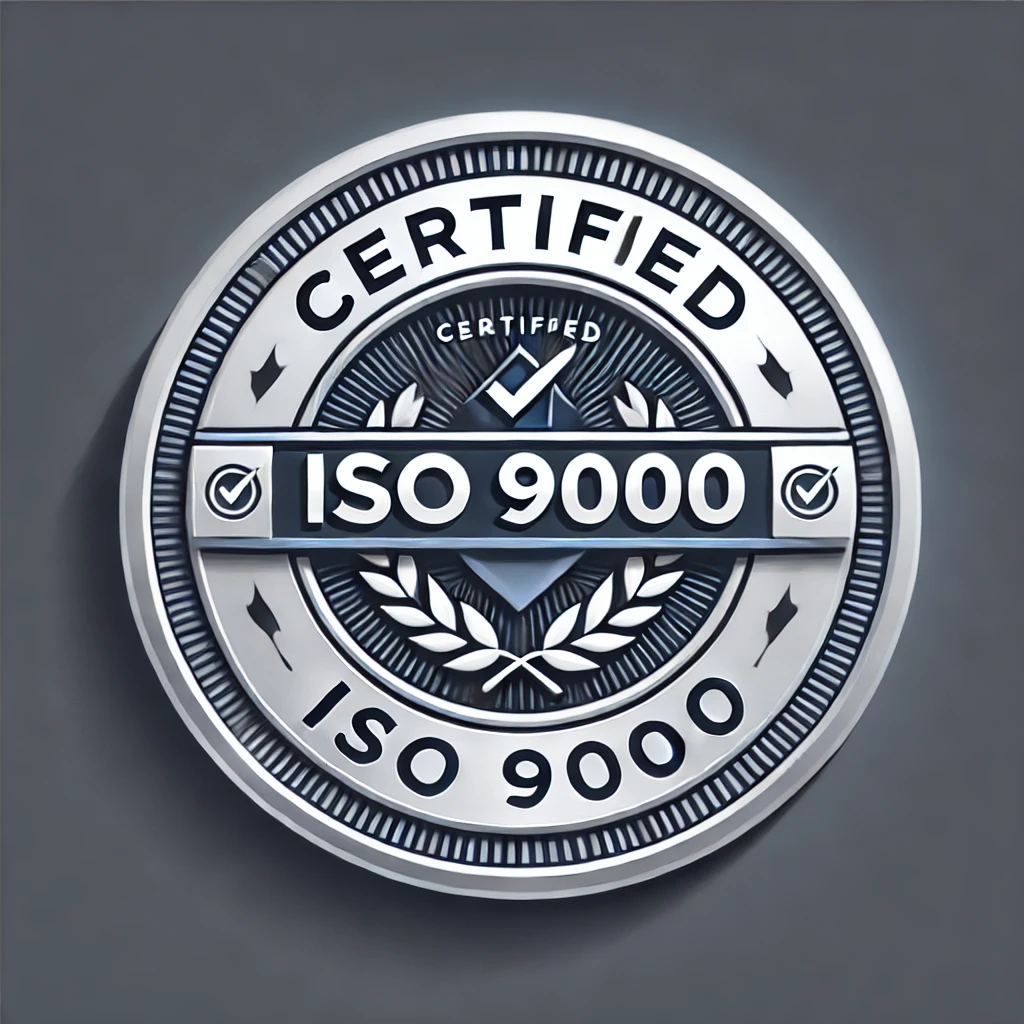Comparison of ISO-9000 Certified Cabin Air Filters (click on for product info and to purchase) vs. Non-Certified for T1N Sprinter Van (2002-2006)

| Feature | ISO-9000 Certified Cabin Air Filters | Non-Certified Cabin Air Filters |
|---|---|---|
| Quality Assurance | Guaranteed high-quality standards as ISO-9000 certification ensures the manufacturer adheres to international quality management standards. | Quality varies significantly, as no certification assures that the filter meets specific quality or durability standards. |
| Performance and Efficiency | Typically offers superior filtration performance, effectively capturing dust, pollen, and airborne particles to keep cabin air clean and enhance HVAC system efficiency. | Performance may vary widely; some filters might not capture smaller particles effectively, leading to compromised cabin air quality. |
| Durability and Longevity | Certified filters are generally more durable and longer-lasting due to stringent manufacturing standards, potentially reducing the frequency of replacements. | Non-certified filters may have shorter lifespans and require more frequent replacement, impacting long-term maintenance costs. |
| Consistency | Manufacturing processes are standardized, meaning each certified filter is produced to a consistently high standard, reducing variability in quality. | Variability in manufacturing processes may lead to inconsistent quality, with some filters performing better than others. |
| Cost | Priced higher due to the costs associated with certification and higher-quality materials. Considered an investment for those looking for reliability and durability. | Typically less expensive, making them an appealing option for budget-conscious buyers, though this may come at the cost of reduced efficiency and longevity. |
| Environmental Impact | Many ISO-9000 certified manufacturers adhere to environmentally friendly practices, producing filters that are better for sustainability. | Environmental impact varies by manufacturer, with some potentially using less eco-friendly materials or processes to cut costs. |
| Long-Term Value | ISO-9000 certified filters may save money in the long run due to their durability and reliable performance, as well as potential benefits to the vehicle’s HVAC system health. | Initial cost savings may be offset by more frequent replacements, and potential strain on the HVAC system may lead to higher maintenance costs over time. |
| Vehicle Compatibility | Designed to meet or exceed OEM specifications, ensuring compatibility and ideal fit with T1N Sprinter Vans. | Some non-certified filters may not meet OEM specifications, leading to potential issues with fit or performance. |
Key Takeaways
- ISO-9000 Certified Filters: These are ideal for T1N Sprinter Van owners prioritizing long-term vehicle health and performance. Though they come with a higher upfront cost, they ensure high-quality filtration, increased durability, and often align with sustainable practices.
- Non-Certified Filters: While more budget-friendly, these filters come with the potential trade-offs of inconsistent quality, shorter lifespan, and possible effects on HVAC efficiency and air quality. They are best suited for drivers seeking immediate cost savings without focusing as heavily on performance or longevity.
Recommendation
For those using their T1N Sprinter Vans in heavy-duty environments or for long-distance travel, ISO-9000 certified filters provide a clear advantage in terms of reliability and durability. For lighter, occasional use, non-certified filters may serve as a budget-friendly alternative, though they require more frequent replacements.
